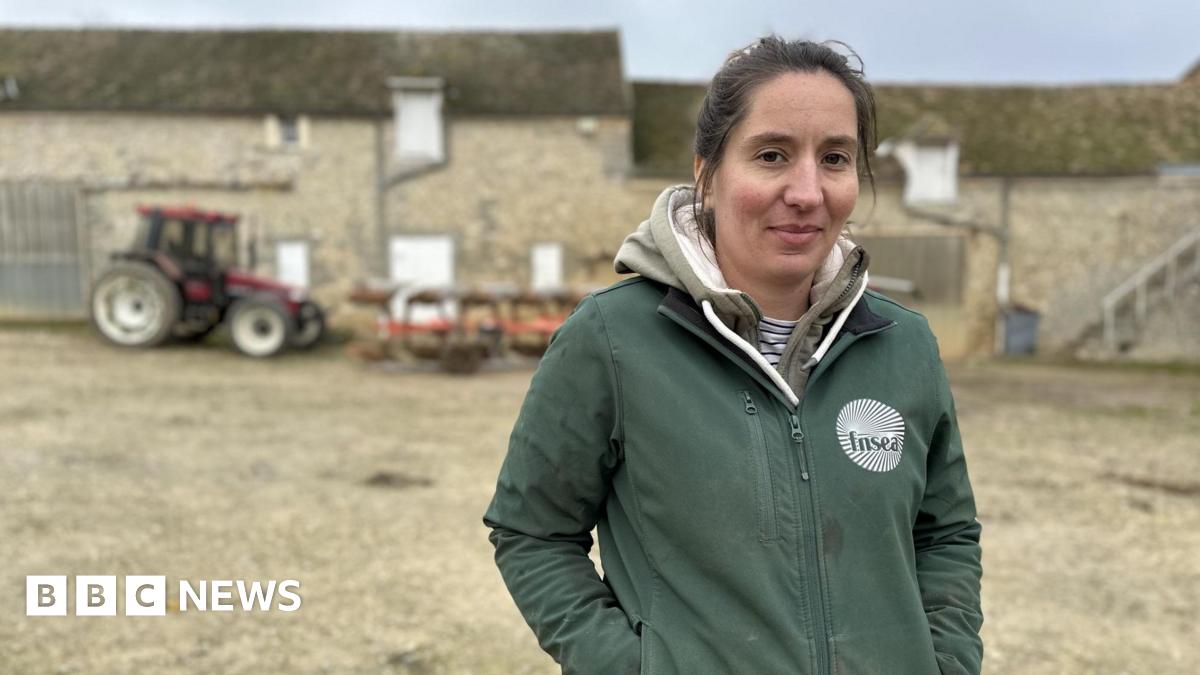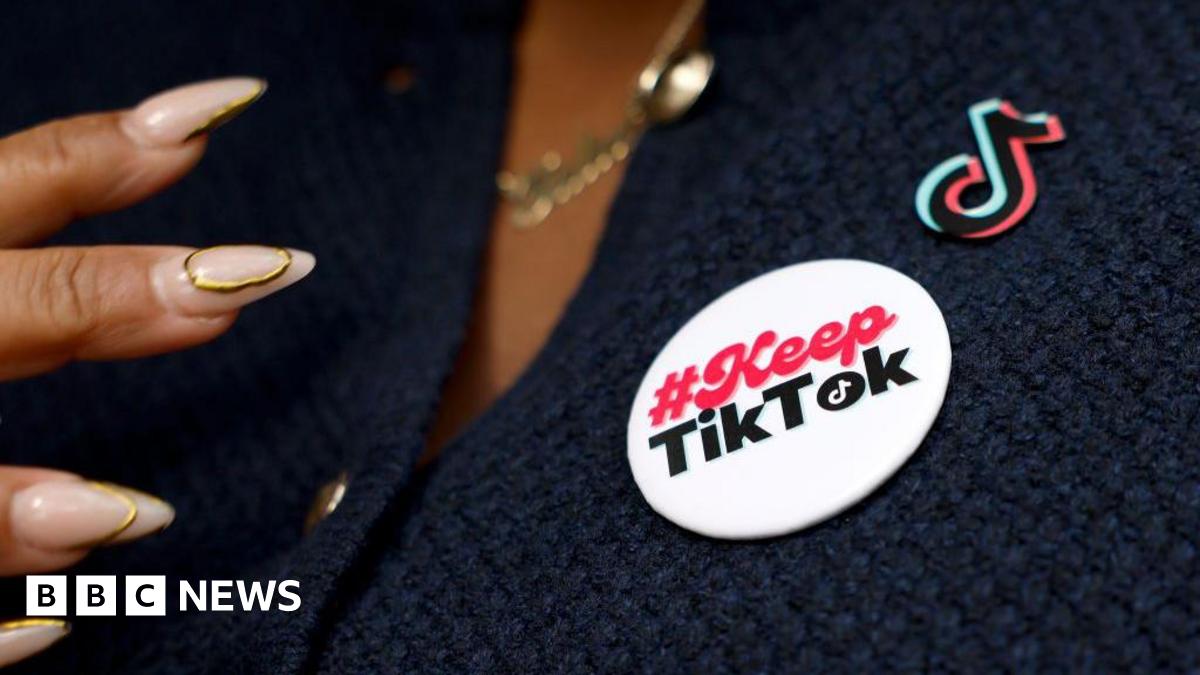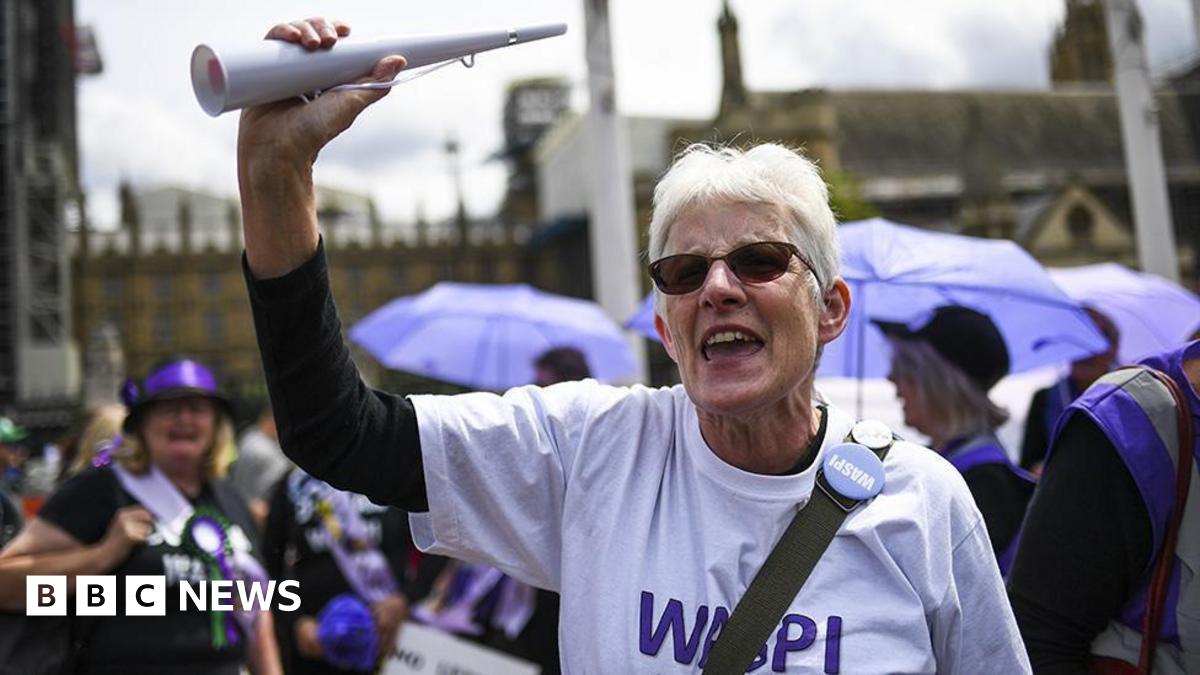Sean Baker already had his happy ending. In May, the American director won the Palme d’Or at the Cannes Film Festival for his electric new comedy-drama, Anora. For Baker, a life-long lover of world cinema, it was a freeze-frame moment. “That was everything for me. The dream come true. Roll credits.”
Instead, conversation among some of his backers switched instantly to what was, for them, more pressing business. “Suddenly, it was ‘You know you’re an Oscar frontrunner now? So you’re going to have to be on a campaign trail for the next eight months,’ ” he recalls. “I said, ‘Excuse me? I thought we just won!’ ”
Baker, 53, looks boyish, but his eyes are tired. When we meet it is 3am, by his watch at least. Visiting London only briefly, the Los Angeles-based filmmaker is still on Pacific Standard Time. More air miles await over awards season.
Anora is a Cinderella story of sorts about the romance between Ani (Mikey Madison), a savvy Brooklyn sex worker, and Ivan (Mark Eidelstein), the hell-raising young son of a Russian oligarch. It is funny and madcap, yet raw and sexually frank enough to give a certain ticklish quality to the thought of it as an Oscar winner.
Any prizes, Baker says, will be a fitting reward for Madison, the other cast members and crew. Personally, they thrill him less. “I hope that doesn’t rub people the wrong way. I just never thought of this as an Academy film.”
Not every moviemaker in his place would even acknowledge the whirring mechanics of an Oscar campaign. But then Baker has long made a feature of honesty in vibrant, human films about people on the margins of the US. Tangerine (2015) followed two trans sex workers tracking an errant boyfriend through a scuffed LA; The Florida Project (2017) concerned a sparky six-year-old living in budget motels outside Walt Disney World; Red Rocket (2021) was about an ex-porn actor returning to his hometown, a landscape dominated by the petrochemical plants of coastal Texas.
And now there is Anora, about a pin-sharp New Yorker working in a strip club in the Russian enclave of Brighton Beach, who finds a super-rich husband. “The dancers call it catching the whale,” Baker smiles.
Baker’s films have often involved sex workers. He wants, he says, to tell multi-dimensional stories about people other movies leave unseen, whose real-life status is still mired in double standards. “Look at Stormy Daniels,” he says of Donald Trump’s alleged conquest. “So much conversation around her was ‘Oh, she’s just a porn star. Why should anyone even listen to her?’ It’s that just I like to challenge.”

Wanting Anora factually grounded, Baker hired Canadian writer Andrea Werhun as a consultant. A former escort and erotic dancer, Werhun’s 2018 memoir Modern Whore was a candid account of the truth of sex work in the 21st century. The film is flecked with her insights, down to the dancers’ Tupperware lunches.
Still, for all the upended clichés, Anora also offers one traditional fairytale, at least to the American film business: the one in which a star is born.
The movie is a huge breakthrough for Madison, previously best known for TV comedy Better Things. Until now, Baker has largely worked with first-time, non-professional actors. The change of tack, he says, is down to Madison’s particular presence. He first saw her in Quentin Tarantino’s 2019 counterfactual Once Upon a Time in Hollywood, playing a small role as one of Charles Manson’s murderous “Family”. Her manic intensity left him wowed. “There’s often this desire among young Hollywood actors to choose parts that let them look appealing. And Mikey was clearly not doing that! She was just so bold.”

For the actor, the role meant extensive research with New York sex workers while living in a cramped apartment Baker describes as “under the train tracks in Brighton Beach”. The director, too, established an early base on location, as he always does in the hardscrabble places where his films are set. “I don’t like to just show up and start shooting.” (Upfront again, he admits that this time he moved into Brightwater Towers, the high-end apartment complex that became the on-screen home of Ani’s moneyed beau.)
And yet Anora did take one sidestep away from the truth about Brighton Beach. The story is set in 2019, to free it from the fallout from the war in Ukraine. The neighbourhood, Baker says, is still home to both Russians and Ukrainians. “There was tension locally. On an individual basis, I met Ukrainians who had serious problems with Russians, and vice versa. I also found the opposite, with people from both backgrounds saying ‘No, here we are one community, and what’s happening is a tragedy.’ ”
The long story behind Anora dates back as far as the 1990s. Baker grew up in Summit, a New Jersey commuter town. Later, in his twenties, he wrestled with substance abuse issues while living in New York and editing wedding videos. Among the New York marriages he cut into shape were Russian ceremonies in Brighton Beach. Later, he would mentally file the outlandish stories he heard about “this tight-knit but talkative world” while overcoming addiction and starting to make movies.
Early work such as Take Out (2004) and Prince of Broadway (2008) — set, respectively, among Manhattan’s Chinese and west African immigrant communities — announced him as one of the most intriguing voices in American cinema. They were made on micro-budgets, about worlds unknown to Hollywood, with a sense of vérité that recalled British social realist Ken Loach. They also grew ever more freewheeling and colourful. In Baker’s films, a cineaste’s love of Robert Altman, Éric Rohmer and a thousand more collides with the antic energy of multiplex comedy. (Baker says Anora was influenced both by Federico Fellini and the 1988 Eddie Murphy romcom Coming to America.)
He has also made the modern world his canvas, with all the contradictions involved. Tangerine brought him a new level of attention. At least some came from this devotee of classic cinema shooting the film on an iPhone.
The result was a deeply empathetic movie about Black trans women sex workers. Yet if his films have always been socially inclusive, Baker’s worldview has surprising contours. He is quick to defend his right to make films about communities beyond his lived experience, while his very use of the phrase “cancel culture” may signal what he thinks of it. “My work does push back against, say, punishing a kid forever for a bad joke online.”

He says industry voices have advised him to be more risk-averse. He mentions the soundtrack to Anora, which includes controversial artists such as rapper Iggy Azalea. “But go to any strip joint and you hear that music. So sorry, no. I’m staying in reality.”
Reality also put Baker ahead of the curve in placing class at the centre of his films, long before it came to openly define so much American politics. “I tell stories about the present. And for a long time, what’s been happening in the present has been a class divide and economic pain. So if you’re making films about the contemporary US and you’re not covering that, you have to be choosing to ignore it.”
But movie culture is still slow to catch on. Since Cannes, he has often been asked about the sex in Anora: for instance, whether he used an intimacy co-ordinator. (He didn’t; Madison never wanted one.) Fewer questions have been asked about the film’s approach to work.
Today, Baker says the stigma around sex workers endures, “much as I’d like to think otherwise”. He does, though, see a growing solidarity among the different groups put under one umbrella term. “Now dancers at a bikini bar, OnlyFans content creators and escorts engaged in transactional sex all call themselves sex workers, and there is a sense of support for each other.”
Of course, economic pain is also being felt by cinema. Despite the jet lag, Baker says one benefit of an Oscar campaign is the chance to “preach” about the joy of seeing movies in cinemas. “Where they should be! Because streaming has hurt this whole industry so badly.” Between the streamers and Covid, he says, his own parents have seen only one film in a movie theatre since before the pandemic. “And it wasn’t Red Rocket! It was fucking Barbie!” he laughs.
Barbie director Greta Gerwig was also president of the Cannes jury that gave Baker the Palme d’Or. “So, to clarify, I only have love for Greta. She changed my life.” The memory makes Baker smile again. “But honestly, moviegoing is so precious to me. So if Anora gives anyone a taste for seeing an adult drama in a cinema — for me, that would be a whole other dream.”
‘Anora’ is in UK cinemas from November 1 and in US cinemas now
Find out about our latest stories first — follow FTWeekend on Instagram and X, and subscribe to our podcast Life and Art wherever you listen
Credit: Source link












